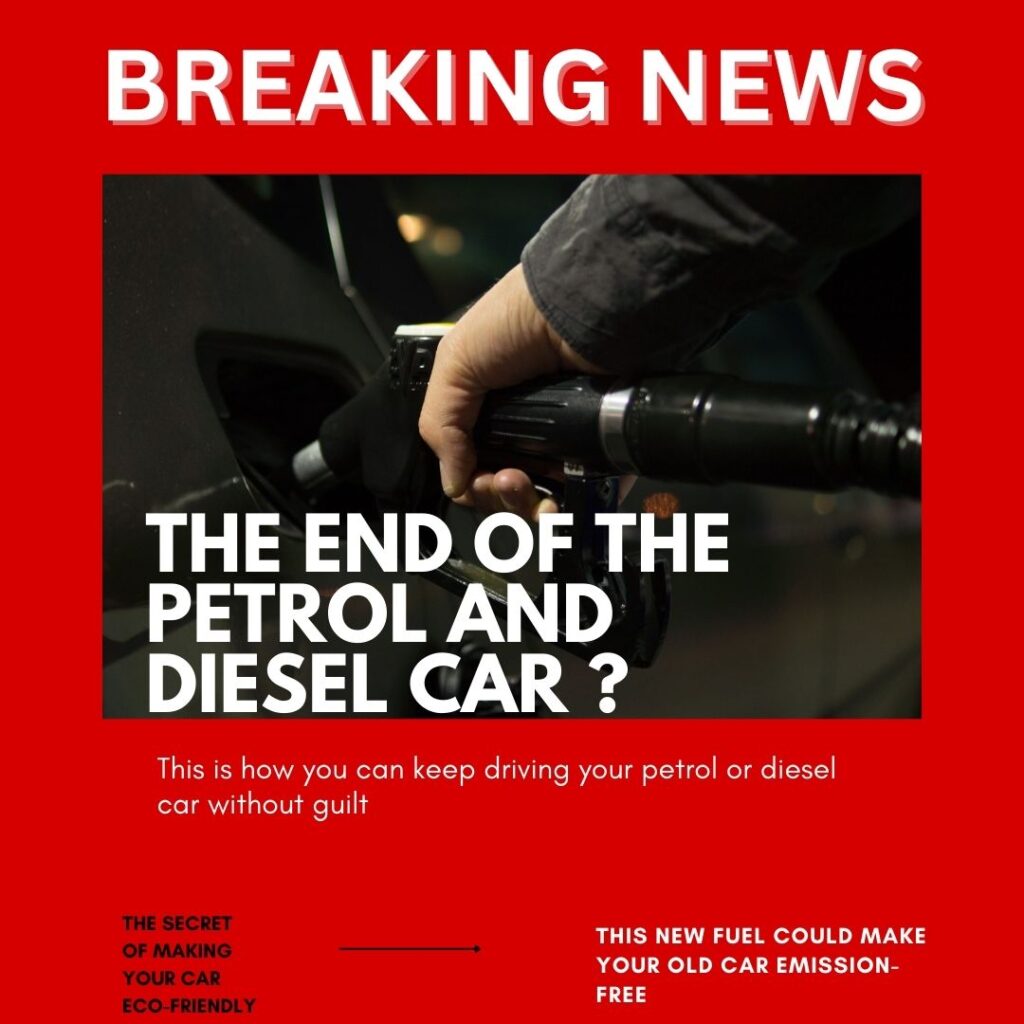
New e-fuels: A potential alternative to electric cars for existing vehicles
Stellantis, an automotive manufacturer with a portfolio of brands including Alfa Romeo and Peugeot, as well as Vauxhall, intends to explore the potential of new electronic fuels as a means of reducing emissions from current petrol and diesel vehicles.
The company’s testing has found that 24 of its existing European engines sold since 2014 can use sustainable fuels without any modifications to the powertrain.
E-fuels are made from renewable energy and captured carbon dioxide, and they can reduce CO2 emissions by up to 70% compared to traditional petrol and diesel.
Stellantis says that e-fuels could be a “complementary step” to electric vehicles, and that they could help to reduce emissions from the millions of existing petrol and diesel cars on the road.
The company’s chief engineering and technology officer, Ned Curic, said: “Our priority is providing zero-emission mobility for all with a focus on electrification, while our collaboration with Aramco is an important and complementary step in this journey for existing fleets on the road.
“We are exploring all solutions to reinforce our ambitious strategy of becoming a carbon net zero company by 2038.
“Drop-in e-fuels can have a massive and almost immediate impact on reducing the CO2 emissions of the existing vehicle fleet, offering our customers an easy and economically efficient option to reduce their carbon footprint – one as simple as choosing a different fuel pump at the station, with no additional modification to their vehicles.”
The UK government has previously rejected sustainable fuels as a mainstream alternative to electrification, but the EU has taken a more lenient approach. German manufacturers will be allowed to sell traditional cars past the 2035 cut-off if they use e-fuels.
It remains to be seen whether e-fuels will be widely adopted, but they could offer a way to reduce emissions from existing vehicles while the transition to electric cars continues.
Here are some additional points :
- E-fuels are still in the early stages of development, and there are some challenges that need to be addressed, such as the cost of production.
- However, there is growing interest in e-fuels from automakers, governments, and investors.
- If e-fuels can be produced at a competitive cost, they could play a significant role in reducing emissions from transportation.
Overall, e-fuels offer a promising potential alternative to electric cars for existing vehicles. However, more research and development is needed to make them more affordable and widely available.